|
Today, I have the pleasure of speaking to Prue Batten, an award-winning author of historical fiction, fantasy and more. You can't fail to be educated and entertained by insights and anecdotes from such a friendly and knowledgeable storyteller. So grab a cup of coffee, sit back, and enjoy... Gordon: The premise behind The Triptych Chronicle - the illegal movement of Tyrian purple - is intriguing, and I love how you've built and woven such a rich world around it. What aspect of it inspired you to make the call 'I'm going to write a book about this'? Prue: I seem to have developed a deep interest in medieval trade over the years. The commodities being traded quite simply raised the hairs on my neck – silk, spices, precious metals and gems, essential oils, alum, timber, dyes – the list just goes on. I was fascinated by the contact between empires, the search for the ‘next big thing’ (nothing changes, does it?) and the excruciatingly venal nature of trade (nothing changes there, either!). Trade reduced men to their most base level and as an author, that gave me such scope for a good story! Not only that, trade presaged the new social order with the development of the merchant or middle class. Often, historical fiction plays out a narrative in a field of war and I wanted to write about something that turned the wheels of society as far, but in a different way. In respect of Tyrian purple, it was completely protected by the Byzantines – attempts to smuggle it were regarded as treason against the empire. What a story I could tell by secreting it out of Constantinople to Europe! That idea became Tobias – Book One of The Triptych Chronicle. Tyrian purple then continued to run like a silk ribbon through Book Two, Guillaume, which takes place in the trading hub of Lyon. In Book Three, Michael, the story returns to Constantinople with the man who initiated the treasonous crime in the first place. Gordon: You write about colourful and evocative periods of history, including medieval Byzantium - one of my favourite eras and locations (city and empire). But how much of a challenge is it for you - based in Tasmania - to 'ground' yourself in Byzantine lands? I imagine it must be difficult to organise research trips given the distance and the cost, so how do you go about 'exploring' Byzantium and such places without visiting the places in person? Prue: A huge challenge, you are right. I live at the bottom of the world and frequent travel is not possible financially for an indie writer. I have a stack of my own travel diaries which I use when I require a memory to be jogged, but research reading becomes even more vital when one is so far away. My sources are books, online PDF’S, virtual tours through museums, historic sites and galleries, documentaries … in fact anything I can lay my hands on. And because my stories are character-driven, I suck every bit of experience of life that I have had – joy, happiness, physical pain, grief, anger, fury – and mix it with my own experiences of riding, archery, lifting and swinging a sword, death, sailing, stitching, farming – anything and everything to give my stories dimension. It’s a heady recipe and it seems to work. In grounding myself in the geographical arena of trade, I read extracts of the twelfth century traveller and geographer from Al Andalus, Ibn Jubayr, who recorded his experiences of the Middle East, Africa, the Middle Sea and the Adriatic. The way he described what he saw was wonderfully enlightening and fresh because he was seeing a twelfth century view of what I needed to see. From there I read much about my timeframe (1190’s) and located aspects of politics, of the shrinking Byzantine empire, of the Eastern Church, Byzantine food, clothing, plants, medicine and so on. I found what maps I could of the city of Constantinople as close to the twelfth century as possible but then fell into a real hole because much of Constantinople as I wanted to know it had been destroyed in the Fourth Crusade and the Ottoman Invasion. But thanks to you, Gordon, I discovered www.byzantium1200.com. What a blessing! Finally I felt as if I walked the stones of the streets, as if I leaned against the walls of the Theodosian Harbour, as if my characters could indeed run for their lives along the top of the Valens Aqueduct or climb the steps and gaze up at the cupolas of Sancta Sophia, seabirds wheeling overheard. Combine that with harmonies from the eastern church itself and I was there! But most importantly, I’m lucky enough to have a very good friend of long-standing who lives in Istanbul and she took a camera and energy and set about taking videos of the unfindable. I owe my friend, Jane, more than you can possibly imagine… Gordon: You have a time machine, but it will only take you to one place, then it'll fall apart. So you'll have to pick somewhere that both intrigues you and that you wouldn't mind remaining in! Where and when? Prue: Goodness… let me think! After researching so much of twelfth century Constantinople and knowing that ultimately, in a few hundred more years the Byzantine empire would collapse in a field of war, I can say I wouldn’t want to travel there in a Time Machine. But the Renaissance? Ah, that’s another thing entirely. So much cultural diversity and excitement! To watch Italy bud and flower and give largesse to the world. Trade across the seas, Venice and Genoa becoming massive trading forces, the development of the great banking houses. If I thought trade was venal in the twelfth century, the Renaissance would prove it was a dozen times worse! And of course, if I was forced to remain there, I would have to marry a wealthy Florentine banker with links to the great artists and philosophers of the time so that I would have contact with the vast minds of the era. Or else I would become a wealthy and outspoken noblewoman who had the freedom to think and feel the way she wanted because she was related to said Florentine noble families and bankers! The reality though, is that the thought of living anywhere but my island of Tasmania, so far removed from the dramas of our contemporary world, fills me with great sadness, so that if the Time Machine breaks down and can’t take me to the Renaissance, I won’t be at all disappointed or frustrated. Gordon: What eras do you plan to explore in the future, and do you have any plans to cross into different genres (something that appeals to and frightens me!)? Prue: My first published books were a fantasy quartet, and I plan to return to fantasy after finishing Michael, my sixth historical fiction. To be honest, I enjoy being a cross-genre writer because diversity is not only fun but prevents this writer from becoming stale. Besides, the rules are the same in each genre – credible world-building, believable characters and a plot that races one through a novel. But having variety in my writing life is perhaps why I always enjoy being part of an anthology (one coming later this year to raise money for cancer research. Called Tales from a Car Boot Sale) and why I am in occasional collaboration with a miniature book press in the USA (www.bopressminiaturebooks.com). I think such ‘out of left field’ activities allow one to stretch oneself. In respect of other timeframes, I have a collaboration coming up with an hist.fict writer in the UK in 2018-ish. We plan to write a novel about convict transportation to Australia in the 1800’s. I live right on the edge of a former penal settlement in Tasmania and am descended from a convict who was transported to what was then Van Diemens’ Land for stealing two sheep. The novelist at the UK end will write the English side of the plot and I shall write the VDL side… Gordon: Two of the things that give me the most pleasure in writing are a) hearing that I've cheered someone up thanks to my stories or b) knowing that I've passed on a little encouragement and advice to another writer. What about you? Prue: Good question! Above and beyond anything else, I want to entertain. If I know I’ve done that, I am completely content. For me as a reader, entertainment is all. I want to be enthralled, to have my imagination fertilised, to see things in living breathing colour. One of the first reviews I ever received many years ago said: ‘…writes in 3D and surround sound in the very best way. There is nothing loud and obtrusive about it…’ I have tried hard to live up to those words ever since. Gordon: And do you have any advice or aphorisms to gee up budding writers out there? Prue: To write without fear and without expectation and ego. To enjoy what one does and to listen to those who might critique and edit because they inevitably know what they are talking about! Gordon, thank you so much for interviewing me. I greatly appreciate the time you have taken. Best wishes to you and to your readers. Brilliant stuff there from Prue, I'm sure you'll agree! And if you'd like to read Prue's work, get in touch with her and find out more, you can do so at the following places:
Prue's website | Facebook | Pinterest
0 Comments
Leave a Reply. |
AuthorGordon Doherty: writer, history fan, explorer. My Latest BookArchives
March 2023
Categories |
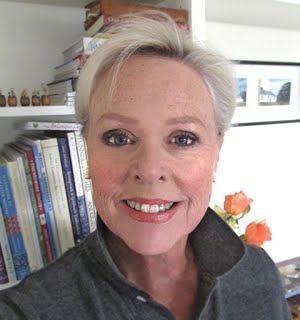

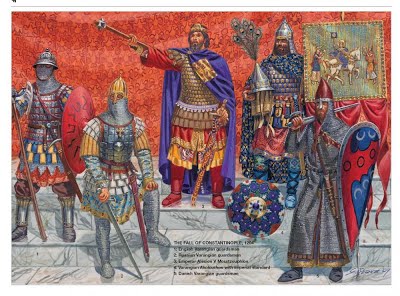
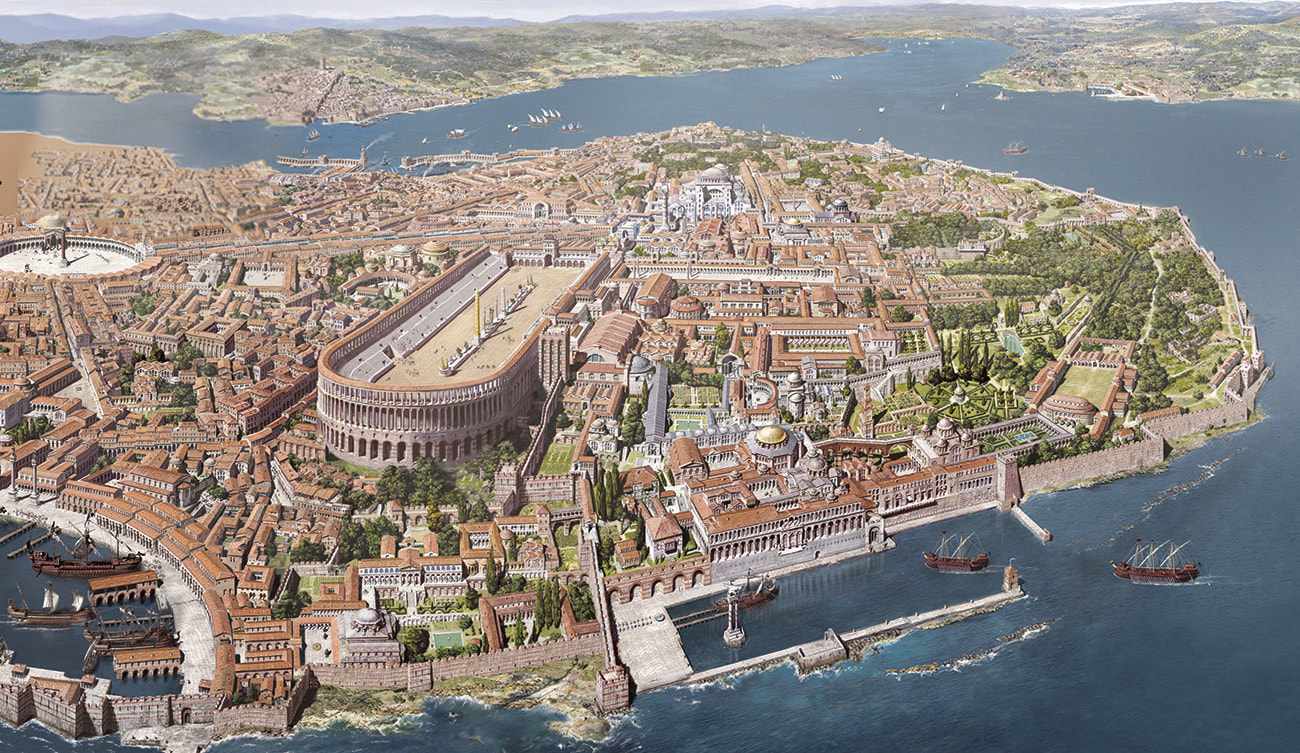
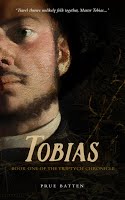
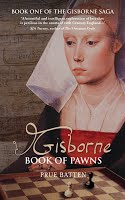
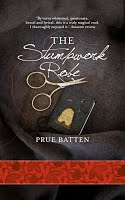

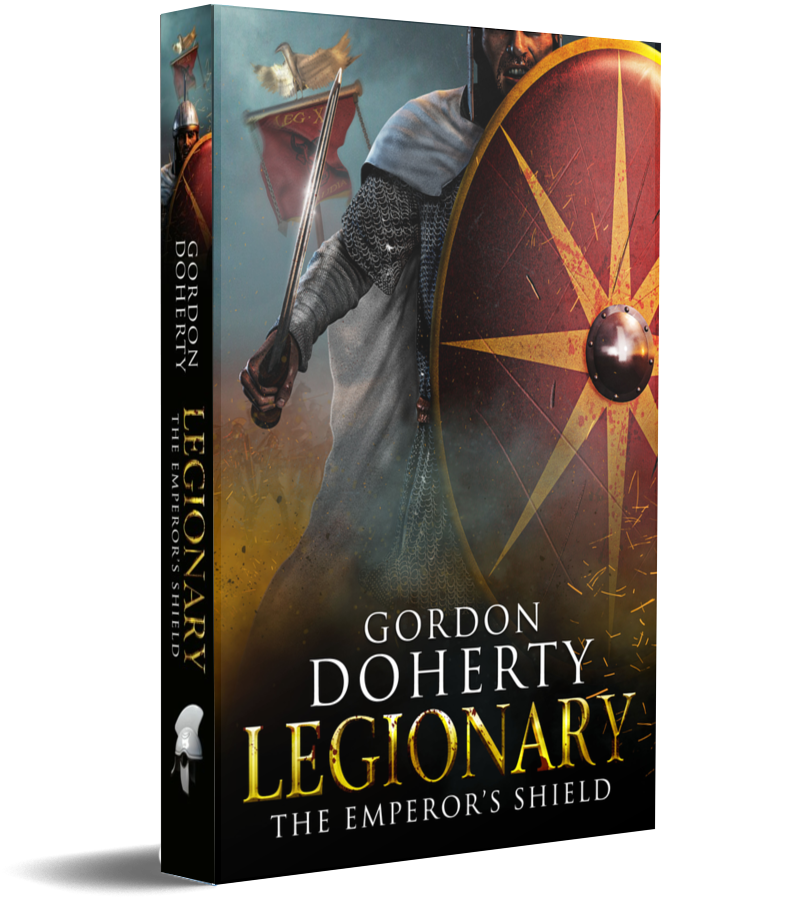
 RSS Feed
RSS Feed